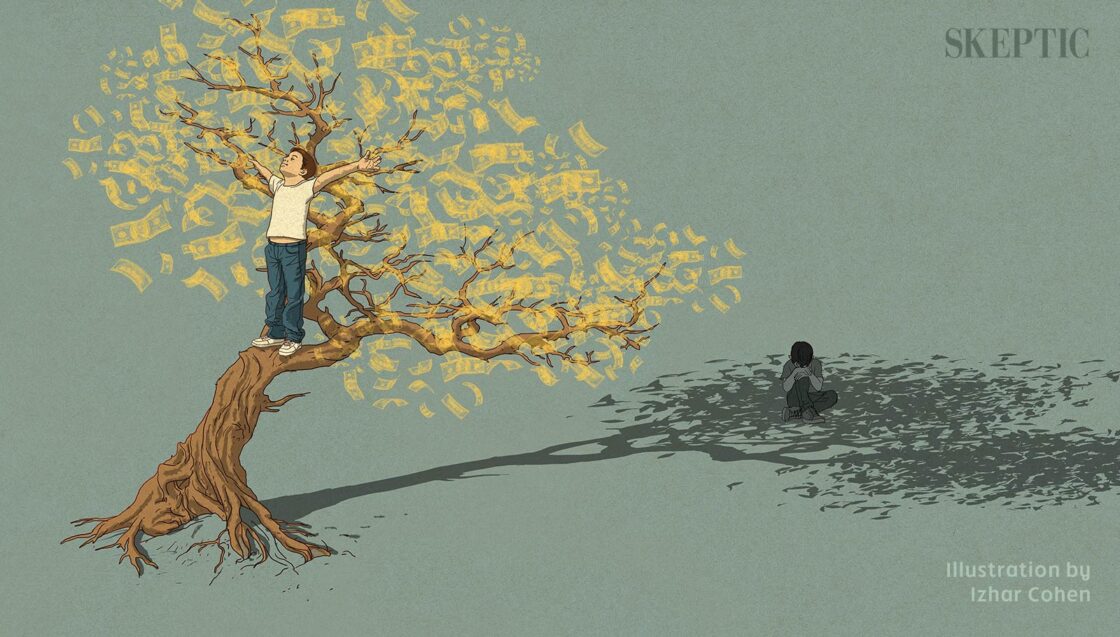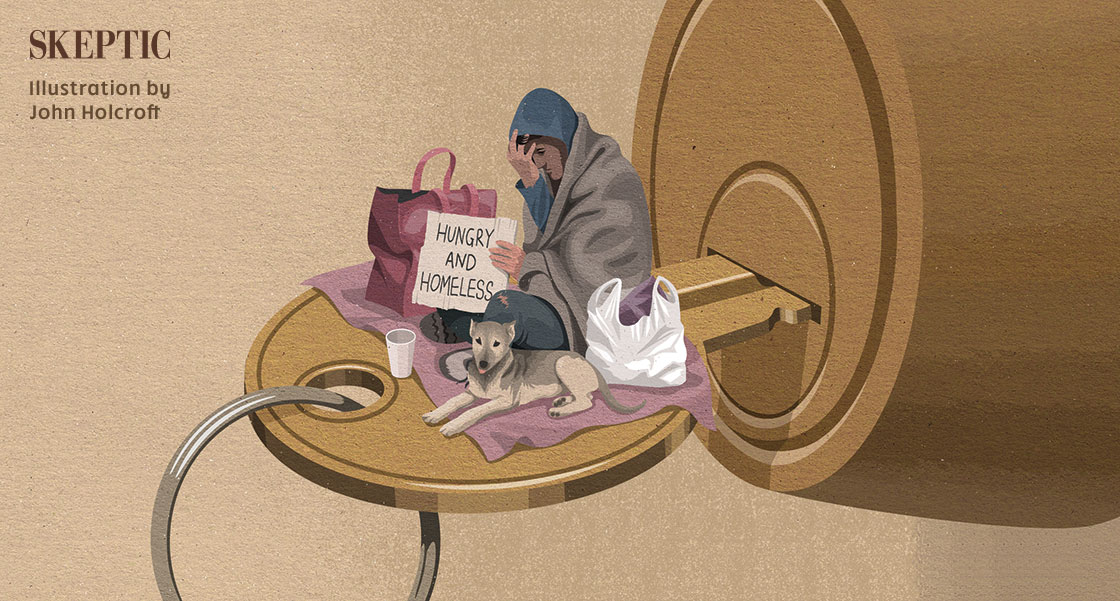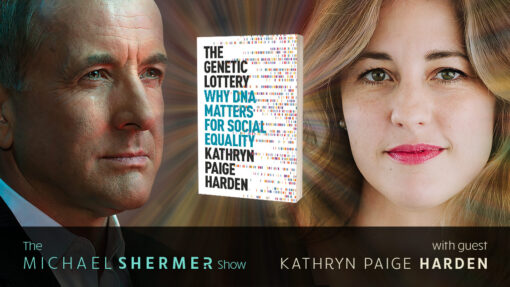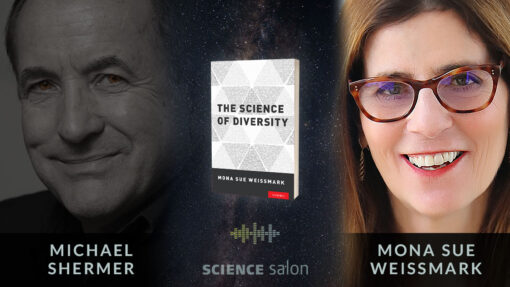social equality

Is it more of a disadvantage to be born poor or Black? Is it worse to be brought up by rich parents in a poor neighborhood, or by poor parents in a rich neighborhood? The answers to these questions lie at the very core of what constitutes a fair society. So how do we know […]

The reason why America has so much homelessness is simple: our big cities have extraordinary high housing costs, and a growing number of city dwellers can’t afford even the most basic accommodations. But if a lack of cheap housing is the cause of mass homelessness, then its solution is equally simple. Overwhelming evidence shows that building more homes will drive housing costs down to manageable levels, and getting unhoused people into housing — along with supportive services, as needed —…
In episode 216, Michael Shermer speaks with Kathryn Paige Harden about her book The Genetic Lottery: Why DNA Matters for Social Equality. PLUS Robert Bartholomew Havana Syndrome Hysteria and the recent U.S. Government investigation into this probable psychogenic illness.

In episode 216, Michael Shermer speaks with University of Texas (Austin) professor of clinical psychology and Director of the Developmental Behavior Genetics Lab, Kathryn Paige Harden about her book The Genetic Lottery: Why DNA Matters for Social Equality.
We pile on “to-dos” but don’t consider “stop-doings.” We create incentives for good behavior, but don’t get rid of obstacles to it. In episode 210, Michael Shermer speaks with Leidy Klotz about his book Subtract: The Untapped Science of Less. PLUS Do you believe that men have greater power and privilege because they are stronger, more aggressive, and smarter than women (and don’t have babies)? Think again.

Do you believe that men have greater power and privilege because they are stronger, more aggressive, and smarter than women (and don’t have babies)? Think again. Dolores Newton & Jefferson Fish present a plausible sociocultural explanation for the persistence and universality of gender inequality over thousands of years.
Today, August 18, marks the 100th anniversary of the adoption of the 19th Amendment to the Constitution of the United States, guaranteeing women the right to vote. We honor that momentous event with an excerpt adapted from the chapter on women’s rights in Dr. Shermer’s 2015 book The Moral Arc. PLUS: in Science Salon # 129, Michael Shermer speaks with Mona Sue Weissmark about her book The Science of Diversity which uses a multidisciplinary approach to excavate the theories, principles,…

In Science Salon # 129, Michael Shermer speaks with Mona Sue Weissmark about her book The Science of Diversity which uses a multidisciplinary approach to excavate the theories, principles, and paradigms that illuminate our understanding of the issues surrounding human diversity, social equality, and justice.
How much of our fate is tied to the status of our parents and grandparents? How much does this influence our children? More than we wish to believe. While it has been argued that rigid class structures have eroded in favor of greater social equality, this lecture, by Dr. Gregory Clark, (based on his bookThe Son Also Rises) proves that movement on the social ladder has changed little over eight centuries.













